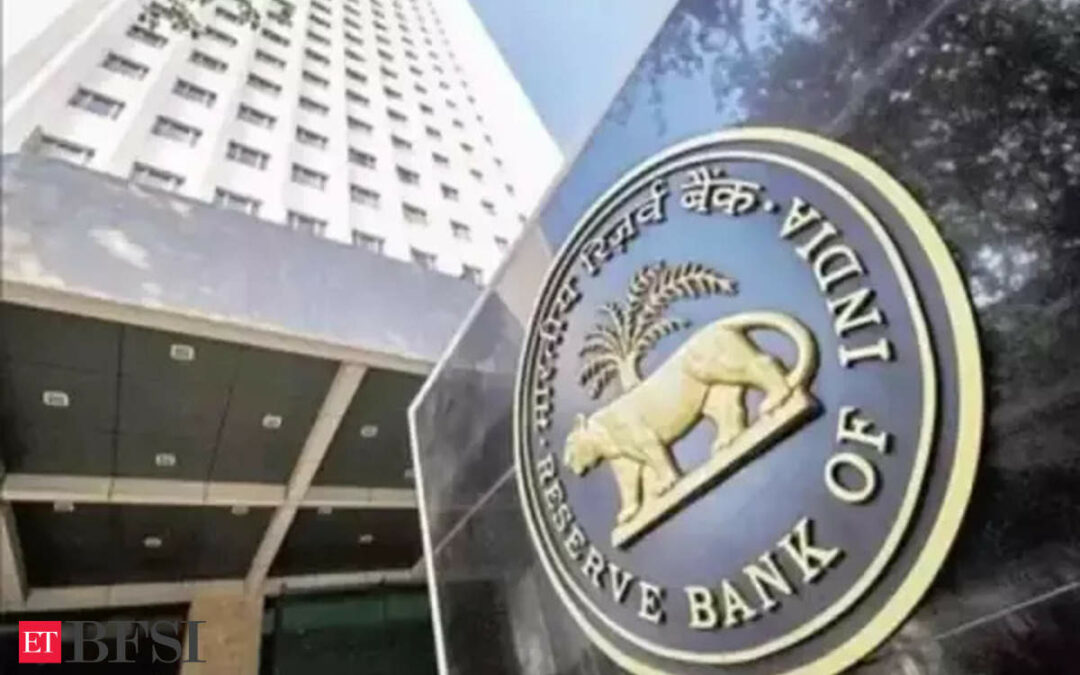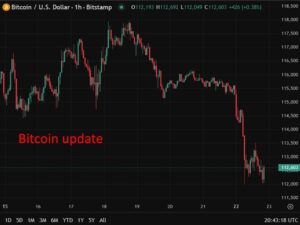In line with expectations from top economists and BFSI leaders, the RBI MPC left the interest rates unchanged at 6.50 per cent with a neutral stance. The RBI also retained FY24-25 GDP growth forecast at 7.2 per cent, while expects FY24 CPI inflation to be at 4.5 per cent.
However, apart from the policy announcements and GDP/Inflation numbers, ETBFSI has compiled the major decisions that the RBI Governor announced in the MPC meet today.
Here’s the five additional measures that the Apex Bank governor announced:
1. Foreclosure Charges/ Pre-payment Penalties on Loans
The Reserve Bank of India (RBI) has consistently prioritized consumer protection, introducing measures to safeguard borrowers’ interests. The apex bank prohibits banks and non-banking financial companies (NBFCs) from levying foreclosure charges or pre-payment penalties on floating-rate term loans for individual borrowers, excluding business purposes.
Building on this, the RBI has now proposed to extend this protection to Micro and Small Enterprises (MSEs). This expansion aims to promote fair lending practices and support the growth of MSEs by eliminating unfair penalties, aligning with the RBI’s ongoing efforts to maintain a stable financial environment.
A draft circular will be issued for public consultation, seeking feedback to refine the guidelines.
2. Capital raising avenues for UCBs
The Reserve Bank of India has undertaken initiatives to strengthen the Urban Co-operative Banking (UCB) sector. In 2022, it issued regulatory guidelines for UCBs to issue and regulate share capital and securities.
To further support UCBs, the Reserve Bank will issue a Discussion Paper on Capital Raising Avenues for UCBs, seeking feedback and suggestions from stakeholders. The RBI aims to provide UCBs with additional flexibility and options to raise capital.
3. Creation of RB-CRIS
Climate change poses a significant risk to the global financial system, necessitating robust climate risk assessments by regulated entities. However, these assessments are often hindered by gaps in high-quality climate-related data.
To address this challenge, the Reserve Bank of India proposed establishing the Reserve Bank – Climate Risk Information System (RB-CRIS), a dedicated data repository.
The RB-CRIS aims to bridge existing data gaps, enabling more accurate climate risk assessments and informed decision-making within India’s financial sector.
4. Enhancement of UPI 123 Pay & UPI Lite transaction limits
The Reserve Bank of India has increased the per-transaction limit for UPI 123 Pay from Rs 5,000 to Rs 10,000. This change aims to encourage wider UPI adoption.
Additionally, the UPI Lite wallet limit has been raised from Rs 2,000 to Rs 5,000, with the per-transaction limit increasing from Rs 500 to Rs 1,000, making digital transactions more accessible.
5. Beneficiary account name look-up facility
The Reserve Bank of India plans to introduce a name verification feature for Real Time Gross Settlement System (RTGS) and National Electronic Funds Transfer (NEFT) transactions. This will allow fund remitters to confirm the account holder’s name before transferring funds.
This feature, already available for UPI and IMPS transactions, aims to reduce wrong credits and fraudulent activities by ensuring accurate transactions. It will provide an added layer of security for RTGS and NEFT users.














